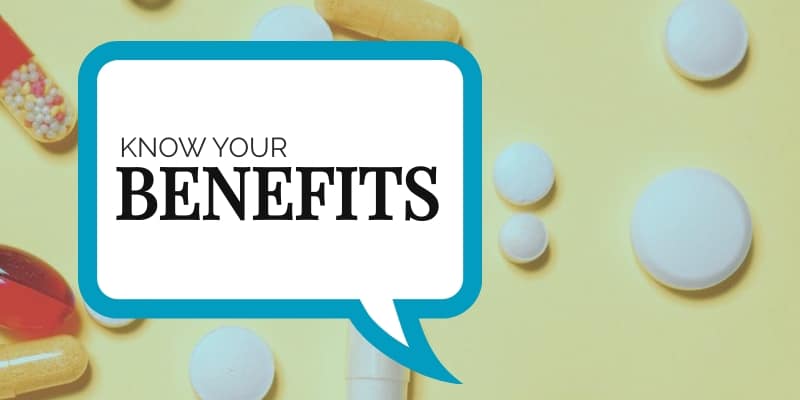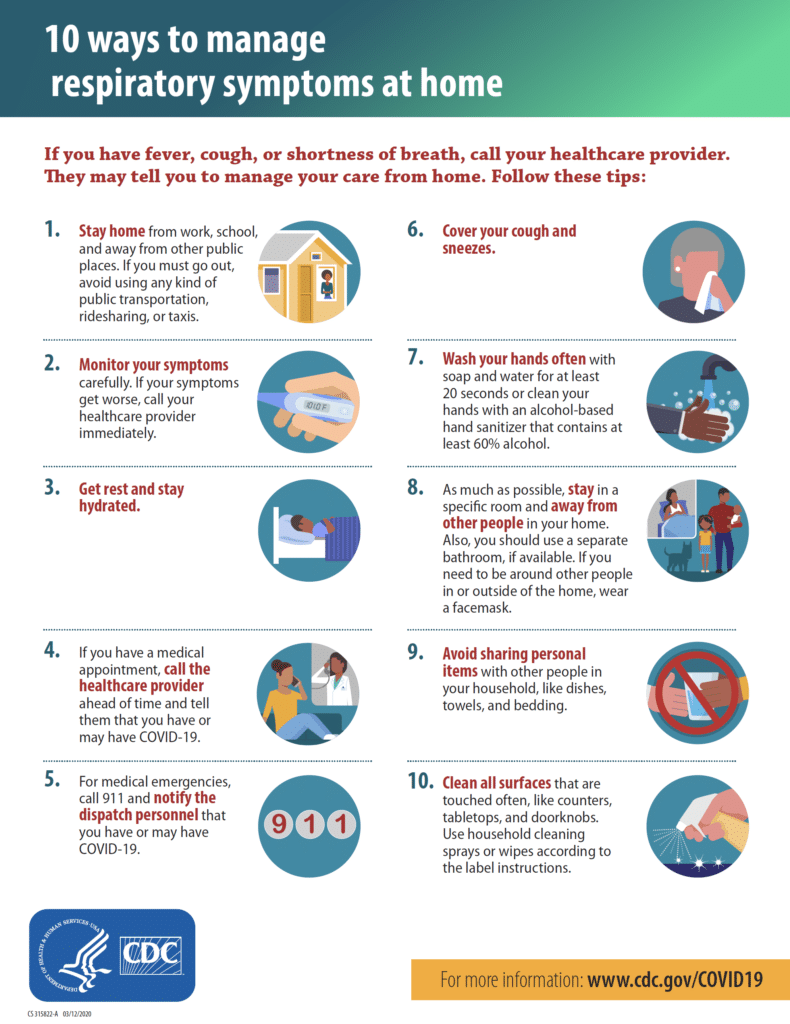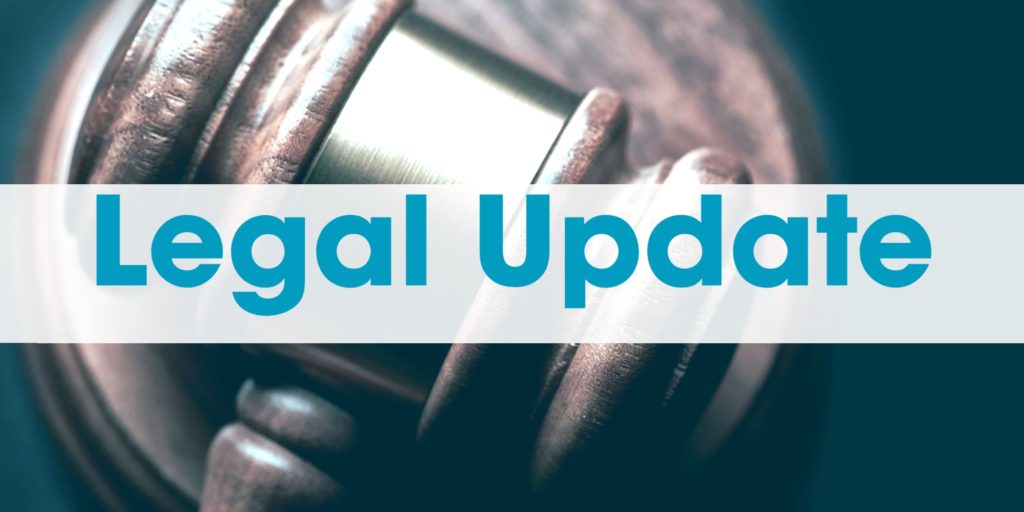 With all the confusion related to coronavirus disease 2019 (COVID-19), you may be wondering how your essential health benefits (EHBs) will cover you. This article will discuss EHBs and how they relate to the COVID-19 pandemic.
With all the confusion related to coronavirus disease 2019 (COVID-19), you may be wondering how your essential health benefits (EHBs) will cover you. This article will discuss EHBs and how they relate to the COVID-19 pandemic.
What are EHBs? From the HealthCare.gov website, EHBs are “a set of 10 categories of services health insurance plans must cover under the Affordable Care Act. These include doctors’ services, inpatient and outpatient hospital care, prescription drug coverage, pregnancy and childbirth, mental health services and more.”
Basically, EHBs are categories of coverage that your health insurance plan must include. The specifics of the plan and what it covers will vary depending on the employer. If you’re unsure what your health plan covers, speak with human resources to learn more.


 As business closures increase due to the COVID-19 pandemic, employers are faced with questions about compensation and health benefit coverage for their employees. Government relief measures may provide compensation for businesses and individuals in certain situations. In other cases, existing rules on employee rights will apply.
As business closures increase due to the COVID-19 pandemic, employers are faced with questions about compensation and health benefit coverage for their employees. Government relief measures may provide compensation for businesses and individuals in certain situations. In other cases, existing rules on employee rights will apply. As the number of confirmed coronavirus disease 2019 (COVID-19) cases rises daily, hospitals and medical care providers are overwhelmed with phone calls and in-person visits.
As the number of confirmed coronavirus disease 2019 (COVID-19) cases rises daily, hospitals and medical care providers are overwhelmed with phone calls and in-person visits.
 On March 18, 2020, President Trump signed the Families First Coronavirus Response Act (the Act) into law. The Act requires employers to provide paid leave for some employees related to the coronavirus (COVID-19) pandemic, among other measures. The leave provisions of the Act take effect no later than 15 days after it is signed by the president.
On March 18, 2020, President Trump signed the Families First Coronavirus Response Act (the Act) into law. The Act requires employers to provide paid leave for some employees related to the coronavirus (COVID-19) pandemic, among other measures. The leave provisions of the Act take effect no later than 15 days after it is signed by the president.